Charlie Hebdo: If we're serious about addressing the threat of Islamic fundamentalism, there are some taboos we need to do away with
Both left and right-wing have their blind spots
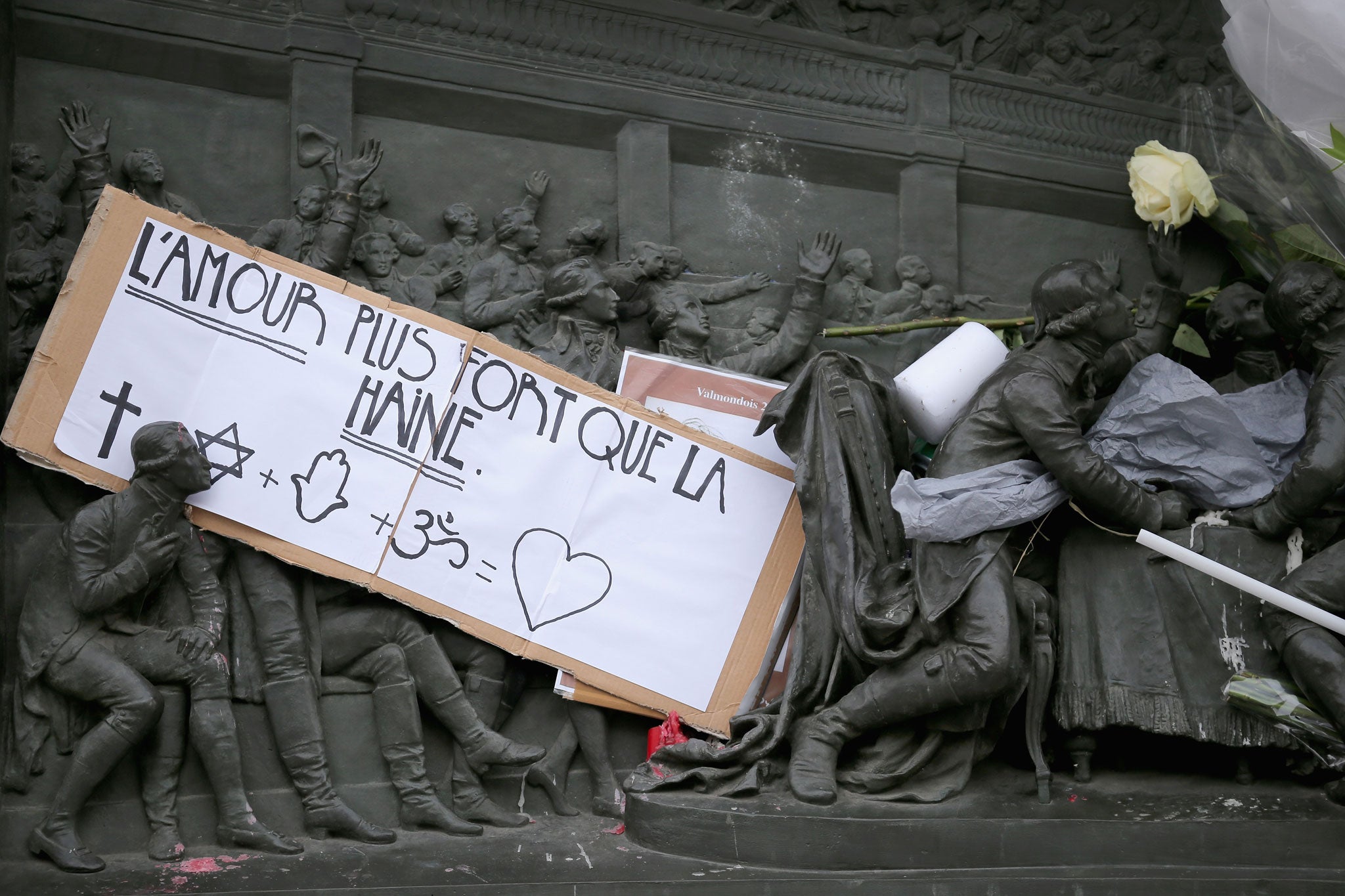
Office workers in Sydney picking up coffee on their way into work. Schoolchildren in Pakistan nervously sitting down to take their exams. Journalists in Paris plotting their next volley of outrageous humour, and shoppers out buying supplies for Shabbat. Each of them left home in the morning to carry out the little tasks that make up a life, and never went home. If you’re inclined to join the dots, it’s not hard to do so: just follow the cries of “Allahu Akbar” and the trail of blood.
For some, the diagnosis is obvious. Far rightists like Marine Le Pen of France’s Front National want you to look out across the world and see a deadly virus — and to view all Muslims as potential carriers. These killings — and the horrific actions of Isis in the Middle East and Boko Haram in west Africa — are all manifestations of a single problem called Islam. Nor is it just the far right that takes this view: liberal intellectuals like Richard Dawkins and influential American author Sam Harris argue that, even if most Muslims aren’t about to pull on a ski mask and spray bullets in the name of Allah, there’s an irreducible core of violence in Islam’s DNA that produces fanaticism and terror as surely as light produces heat.
Many on the left, meanwhile, are equally certain about the root causes of such violence: the problem isn’t Islam — it’s us. Islam is a religion of peace, they insist, and when terrorists like the Kouachi brothers pervert its benign essence it’s because they were provoked by a western world which oppresses, excludes and belittles them. If western countries only treated Muslims better — and stopped inflaming their rage with insulting cartoons — extremists would simply melt away, like spirits at dawn.
What these views have in common is the belief that the solution to the problem lies in chipping away at our basic freedoms: either by cracking down on ordinary Muslims’ right to live freely and practice their religion, or by restricting our right to mock, criticise and — yes — offend religious sensibilities.
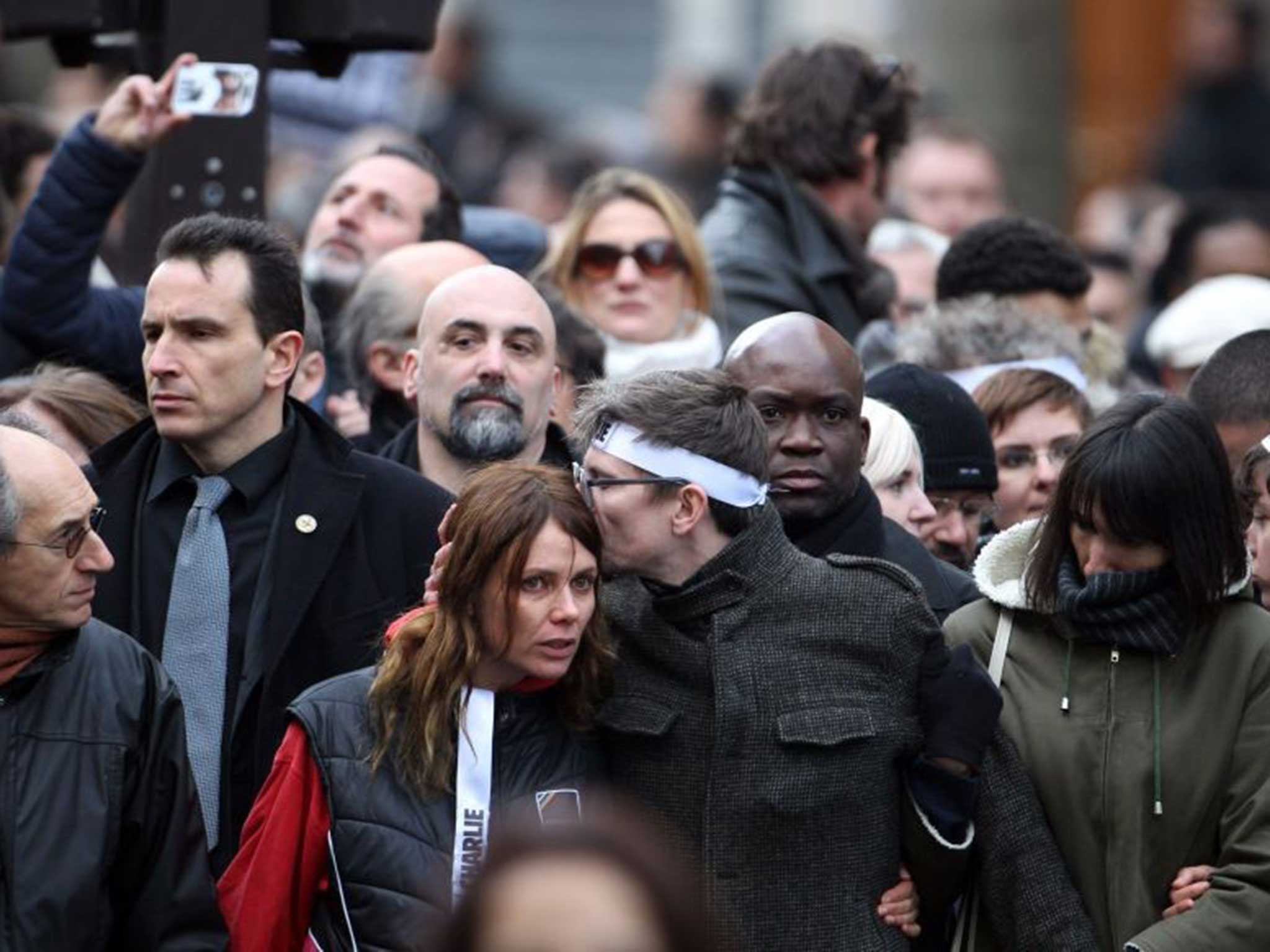
But the murders in Paris have revealed the true battle lines with blinding clarity by painting them in blood. The fight isn’t between Islam and the west, but between supporters of basic values such as secularism and pluralism and those who want to erode them in the name of “security” or a bogus “tolerance”. What’s more, Islam straddles both sides of the divide, with liberal Muslims siding with Charlie Hebdo against government encroachment on our freedoms, and radical Islamists joining Marine Le Pen in attempting to strip them away.
This isn’t difficult to understand when you recognise that Islam isn’t a fixed entity whose nature is preprogrammed by its holy texts or early history. Whether you think Islam is inherently violent or benign, you can scour the Quran and the life of Muhammed and find evidence to support your view. But Islam, like any global religion with a long history, takes a thousand different forms in the many social and political contexts in which people call themselves Muslims. Nobody thinks Christians are forever doomed to carry out acts of genocide because the Old Testament is full of holy war. So why do we find it so hard to see that Muslims can be both Salafists and feminists, fundamentalists and reformists, Isis butchers and Kurdish freedom fighters?
And yet, and yet… there’s a terrifying thought I can’t push away: what if it’s not enough to make allies of liberal Muslims, double down on our best values, and declare “Je Suis Charlie” from our Facebook profiles? How long will we be able to make the case against trading our freedoms for “security” if we enter a world where one terrorist outrage after another keeps staining the streets of European capitals with innocent men and women’s blood?
If we’re serious about addressing this threat rather than merely railing against it, there are some taboos we must do away with. We have to break the leftwing taboo against recognising that across today’s Islamic world there is a strain of violent fanaticism that trains its hatred not only on western foreign policy and Israel’s occupation of Palestine but on women, education and freedom in all its forms. But equally dangerous is the rightwing taboo against asking what role our actions play in encouraging the spread of such ideas. Modern-day Islamic extremism may have sprouted in the sands of Arabia when much of the “Orient” was little more than a rumour in Europe, but in recent decades western violence and oppression has led many Arabs to embrace political Islam as an outlet for their rage.
Some will shriek that I’m “justifying” terrorism by daring to point out that western foreign policy contributes to the spread of extremism. This is as absurd as claiming that if we acknowledge many victims of child sexual abuse go on to become abusers we’re “justifying” rape. It’s a fantasy to think we could simply extinguish jihadist violence tomorrow by calling time on our frequent wars, our acquiescence in American drone warfare and our friendship with tyrants like the brutal rulers of Saudi Arabia. But, while we didn't create the monster of Islamist terror, our actions in the Middle East feed it every day — which is why ending those policies would rob the extremists of their best recruitment tool.
Ultimately it won’t be western governments that defeat Islamic extremism — whether through warfare, muscular liberalism or increased control of Muslim populations on our shores. It will be the brave Muslims who push back against regressive, literalistic interpretations of their faith and provide an example of an Islam that celebrates humanity and freedom. But we make it immeasurably harder for them to advocate for human rights and democracy when to many Muslims these are just slogans that seem to leave F-16s, predator drones and torture chambers in their wake. To defeat terror we need to look contemporary forms of Islam squarely in the eye — but to do so, we must first get used to looking in the mirror.

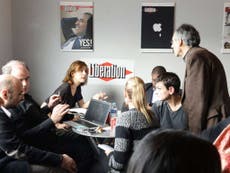
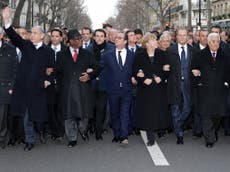
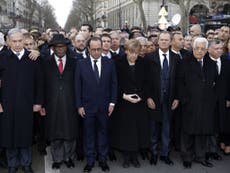
Join our commenting forum
Join thought-provoking conversations, follow other Independent readers and see their replies